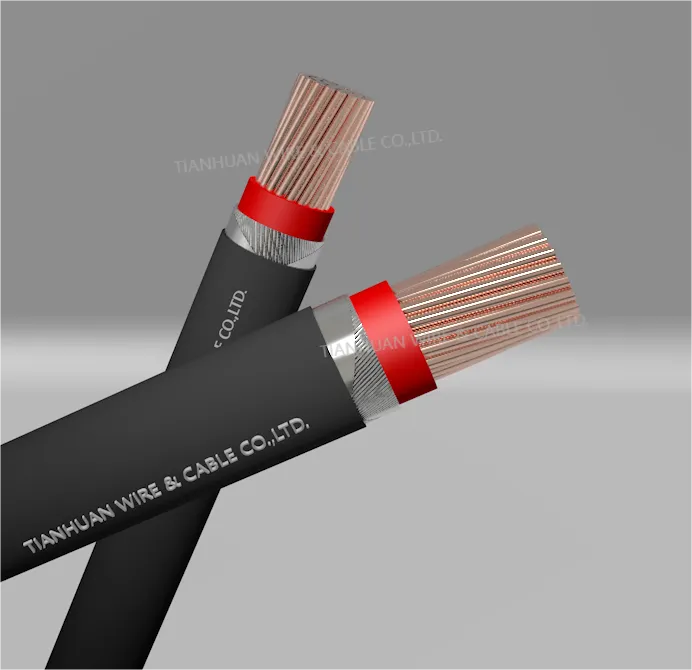
Supplier of Cables for Solar Energy Systems and Solutions
Choosing the Right Cable for Your Solar System A Supplier's Perspective
When it comes to installing a solar energy system, one often overlooked yet crucial component is the cable used for connecting various system elements. The efficiency, longevity, and safety of a solar installation can largely depend on the quality and type of cables sourced from reliable suppliers. In this article, we will delve into the essential factors to consider when selecting cables for solar systems.
Types of Cables for Solar Installations
Solar systems typically require several types of cables, each serving a specific purpose. The two most common types are DC cables and AC cables. DC cables are used to connect solar panels to the inverter, while AC cables facilitate the connection between the inverter and the grid or to the household electricity system. Understanding the distinction between these types is the first step in choosing the appropriate cables for a solar installation.
Material Matters
Cables for solar systems are usually made from either copper or aluminum. Copper cables offer higher conductivity and are more efficient, making them a popular choice despite being more expensive. Aluminum cables are lighter and more cost-effective, but they may require larger diameters to carry the same current as copper. When sourcing cables from suppliers, it is essential to consider the material based on the specific requirements of your installation and budget.
Voltage Rating and Ampacity
cable for solar system supplier

It is vital to ensure that the cables selected can handle the voltage and current levels expected in the solar system. Each cable has a specified voltage rating and ampacity, which indicates the maximum amount of current it can safely carry. Choosing cables that meet or exceed these requirements will prevent overheating and potential system failures.
Environmental Considerations
Cables for solar systems should also be suitable for the environmental conditions in which they will be installed. UV resistance is crucial if the cables will be exposed to sunlight. Additionally, if the cables are buried underground or installed in areas susceptible to moisture, selecting cables with adequate insulation and protection against water ingress is necessary. Checking with suppliers about environmental certifications and testing can ensure that cables will endure their specific settings.
Compliance and Standards
Lastly, it is essential to source cables that comply with national and international electrical safety standards. Cables should be certified by recognized organizations, ensuring they meet rigorous safety requirements. Reputable suppliers will provide documentation and certifications for their products, giving peace of mind to consumers regarding safety and reliability.
Conclusion
In conclusion, while the solar panels and inverters often receive the most attention during a solar installation, cables are equally important. Choosing the right cables from a reliable supplier involves considering the type, material, voltage rating, environmental resilience, and compliance with safety standards. By giving proper attention to this aspect, one can ensure the efficiency and longevity of their solar energy system, ultimately maximizing the return on investment in renewable energy.
-
The Quantum Leap of XLPE Cable in Power DistributionNewsMay.29,2025
-
Mastering the Essentials of Building WireNewsMay.29,2025
-
Innovative Horizons of Rubber Trailing CablesNewsMay.29,2025
-
Exploring the Versatile World of Rubber CablesNewsMay.29,2025
-
Decoding the Mysteries of Building CablesNewsMay.29,2025
-
Advancements Redefining Control Cable TechnologyNewsMay.29,2025
-
Why It's Time to Replace Old Rubber CablesNewsMay.28,2025














